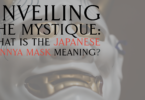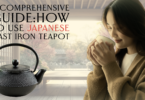In a fast-paced and chaotic world, seeking tranquility and inner peace has become more important than ever. Japanese Zen, an ancient philosophy and practice rooted in Buddhism, offers a pathway to achieving mental clarity, improved health, and overall well-being. Often misunderstood as an esoteric and difficult concept, Japabese Zen is, in fact, a simple and accessible practice with profound benefits. In this comprehensive blog post, we will delve into the history, culture, and ways of doing Zen, exploring its basic concepts, real-world applications by successful individuals, and useful tools to adopt on this journey.
Table of contents
The History and Culture of Japanese Zen
Zen’s roots run deep in Japanese culture, where it gained widespread popularity and left an indelible mark on various aspects of life. In Japan, Zen became more than just a philosophical practice; it became a way of living and perceiving the world. The influence of Zen can be seen in Japanese arts, tea ceremonies (chanoyu), calligraphy (shodo), traditional gardening (karesansui), and martial arts like Aikido and Kendo.
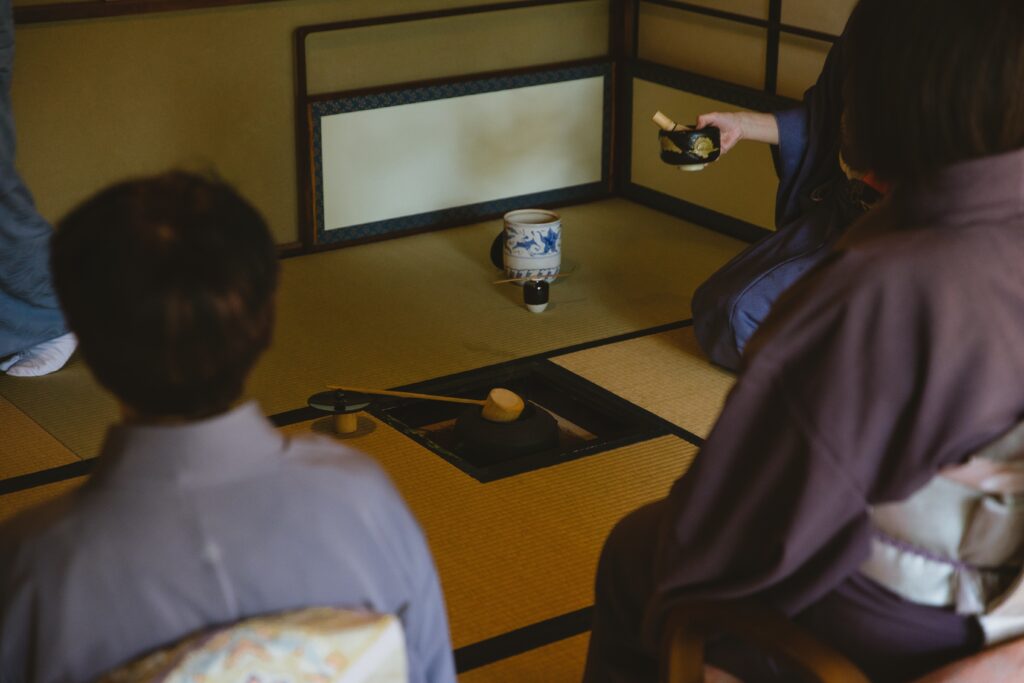
The Japanese culture’s connection to Zen is characterized by simplicity, mindfulness, and an appreciation for nature. Zen gardens, with their carefully raked gravel and strategically placed rocks, are designed to create a sense of tranquility and harmony with the environment. Tea ceremonies emphasize grace, presence, and a deep respect for the act of serving and receiving tea. In the realm of martial arts, Zen philosophy is integrated into the discipline and self-awareness required to excel in these practices.
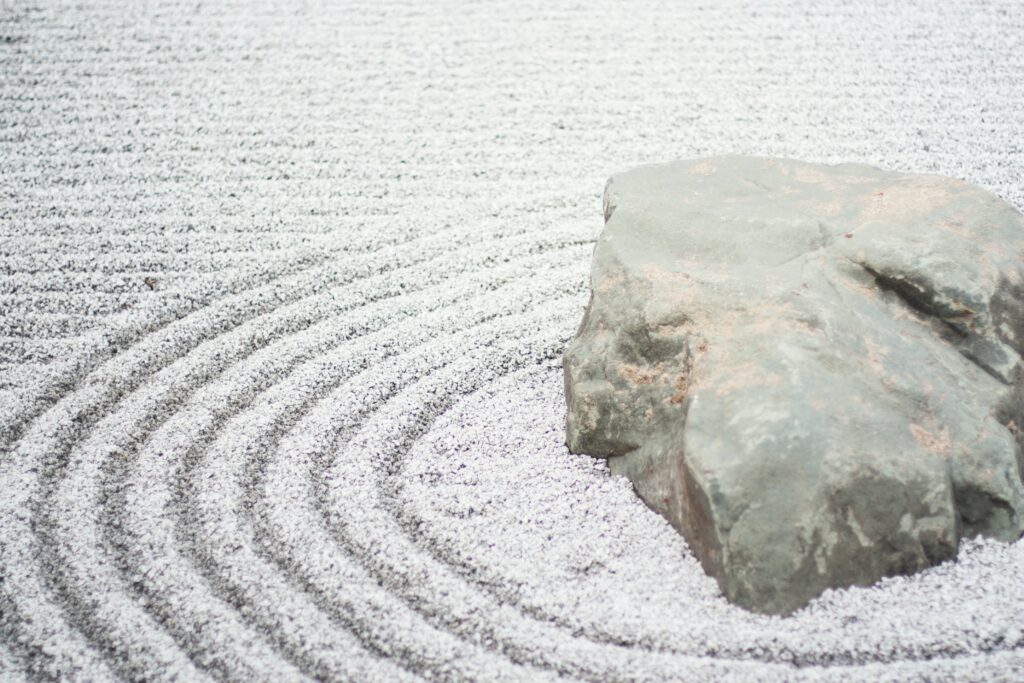
Basic Concepts of Japanese Zen
- Mindfulness and Living in the Present:
Zen encourages individuals to be fully present in each moment, letting go of past regrets and future worries. By immersing ourselves in the now, we cultivate a deep sense of awareness and appreciation for life’s subtleties.
- Meditation (Zazen):
At the core of Zen practice lies meditation, particularly seated meditation known as zazen. Practitioners focus on their breath or a koan (a paradoxical question) to quiet the mind and gain insight into their true nature.
- Non-Attachment:
Zen emphasizes the importance of non-attachment to material possessions, desires, and even to our thoughts and emotions. By freeing ourselves from attachment, we open the door to greater contentment and inner peace.
If you would like to learn more about the Zen approach, we recommend this book. You may find the answers you are looking for here.

▲Click to go to the Amazon product page
Health and Mental Health Benefits of Japanese Zen
The practice of Zen offers numerous benefits that contribute to both physical and mental well-being.
- Stress Reduction:
Zen meditation has been shown to reduce stress by lowering cortisol levels and promoting a state of relaxation.
- Stress Reduction:
Zen meditation has been shown to reduce stress by lowering cortisol levels and promoting a state of relaxation.
- Emotional Regulation:
Zen helps individuals develop a better understanding of their emotions and cultivate a sense of equanimity, leading to better emotional regulation.
- Better Sleep:
Practicing Zen can lead to improved sleep patterns, as it encourages the mind to become calmer and more at ease before bedtime.
Useful Zen Tools and Their Significance
Zabuton and Zafu:
These are traditional meditation cushions used to create a comfortable and stable seated position during meditation. The zabuton provides cushioning for the knees and ankles, while the zafu supports the pelvis, enabling a straighter and more balanced posture.
Incense:
Burning incense is a common practice in Zen to purify the meditation space and aid in focusing the mind. The subtle fragrance of incense helps create a calming atmosphere, enhancing the overall meditation experience.
Kayuragi Incense Sticks – Aloeswood by NIPPON KODO, Japanese Quality Incense

▲Click to go to the Amazon product page
▶To learn more about Japanese incense, please read this article.
Bells (Kansho or Dokyō):
Bells are rung before and after meditation sessions in Zen temples to mark the beginning and end of meditation. The clear sound of the bell is believed to help practitioners return to the present moment and deepen their awareness.
Ohm Store Tibetan Singing Bowl Set — Meditation Sound Bowl Handcrafted in Nepal for Yoga, Chakra Healing, Mindfulness, and Stress Relief
▲Click to go to the Amazon product page
Real-World Examples of Zen Practices by Successful People
Numerous successful individuals across diverse fields actively incorporate Zen principles to attain balance and achieve excellence.e.
- Steve Jobs: The late co-founder of Apple was known for his Zen-inspired approach to design and innovation. He often practiced mindfulness and simplicity, which profoundly influenced Apple’s products.
- Phil Jackson: The renowned basketball coach, also known as the “Zen Master,” integrated Zen teachings into his coaching philosophy, leading to multiple NBA championships.
- Oprah Winfrey: The media mogul credits her daily meditation practice for her ability to stay focused, centered, and resilient amidst her demanding career.rolex daytona 1992 winnerhaving replicas in yourtambour watch replica dirty
Are you interested in Steve Jobs’s Kyoto trip?
Check out this article.
https://www3.nhk.or.jp/nhkworld/en/news/backstories/1622/
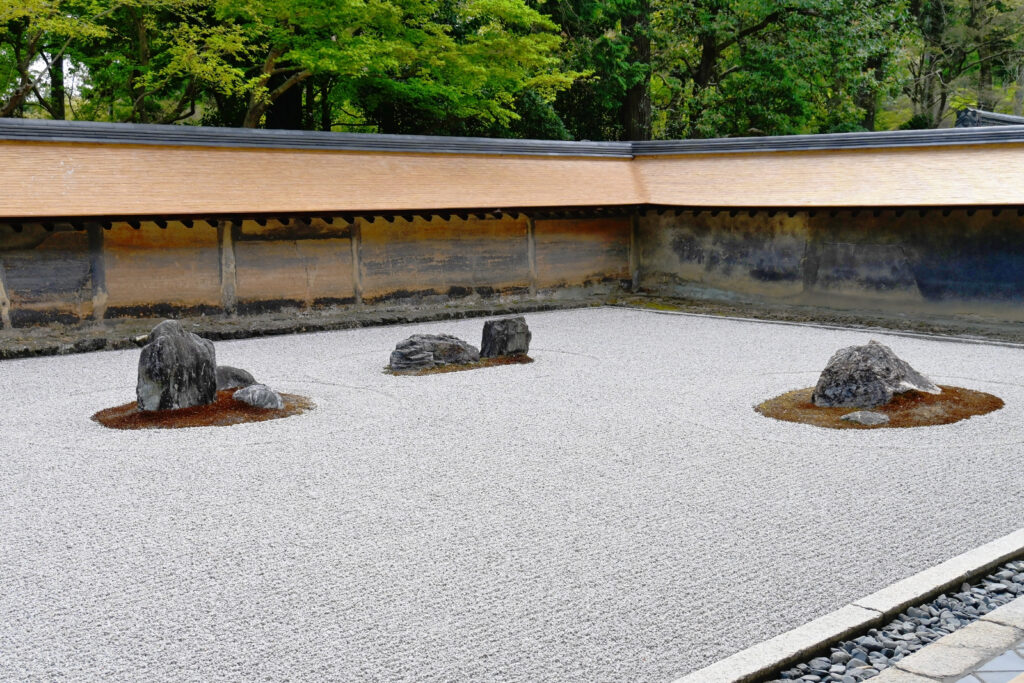
The rock garden of Ryoanji was one of Jobs’ favorite places in Kyoto.
Conclusion
In conclusion, Zen’s profound integration into Japanese culture fosters a relationship beyond philosophical musings. Embracing Zen offers a pathway to a simpler, mindful, and purposeful existence. By understanding its history, culture, and fundamental concepts, we can effortlessly integrate Zen into our lives. The mental health benefits and real-world examples of successful individuals who embrace Zen further strengthen its efficacy. It is crucial to remember that Zen isn’t about expertise but rather a continuous journey of self-discovery and inner peace. Embrace Zen’s simplicity, and you’ll find it becomes an indispensable part of your life, leading to a calmer, more fulfilled existence..




